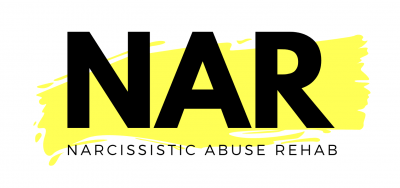On shame-based behavior, its role in dysfunctional narcissism, and why it is importance of compassionate understanding.
Ego Dysmorphia
Ego dysmorphia is a construct used to describe the invention of- and obsession with an idealized identity, its validation, and the regulation of its how it is perceived by others. It is the use of what Donald Winnicott called a false self to mask the individual’s true self.
The condition can have negative effects on an individual’s mental health and relationships. Excessive self-obsession can lead to feelings of isolation, anxiety, and depression. It can also impair functioning in daily life.
One of the key issues with ego dysmorphia is that it can lead to hypersensitivity to perceived slights or rejections from others. It can lead to feelings of mistrust and a fear of intimacy with others, reinforcing the negative beliefs feeding the sense of inadequacy that the creation of a false self alleviates.
Ego dysmorphia can also lead to low self-esteem and perfectionism. There is a sense that one is constantly falling short of one’s expectations. This can lead to a cycle of self-criticism and negative self-talk that can be difficult to break. Over time, ego dysmorphia can erode our sense of self-worth and make it difficult to appreciate our strengths and accomplishments.
Another issue with ego dysmorphia is that it can make it difficult for us to empathize with others because we are too focused on our own experiences and emotions. This can lead to a lack of connection with others beyond the surface level which can further reinforce feelings of loneliness and self-doubt.
Becoming more aware of the impact of ego dysmorphia it is possible to take steps to shift our focus outward on the external world and others, which has a range of mental health benefits.

